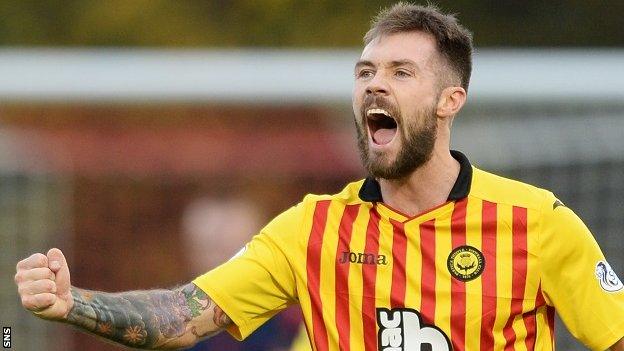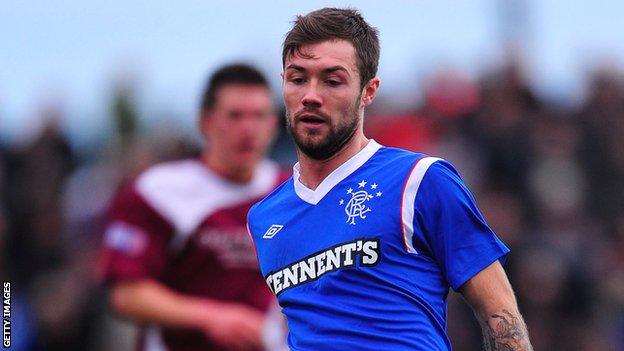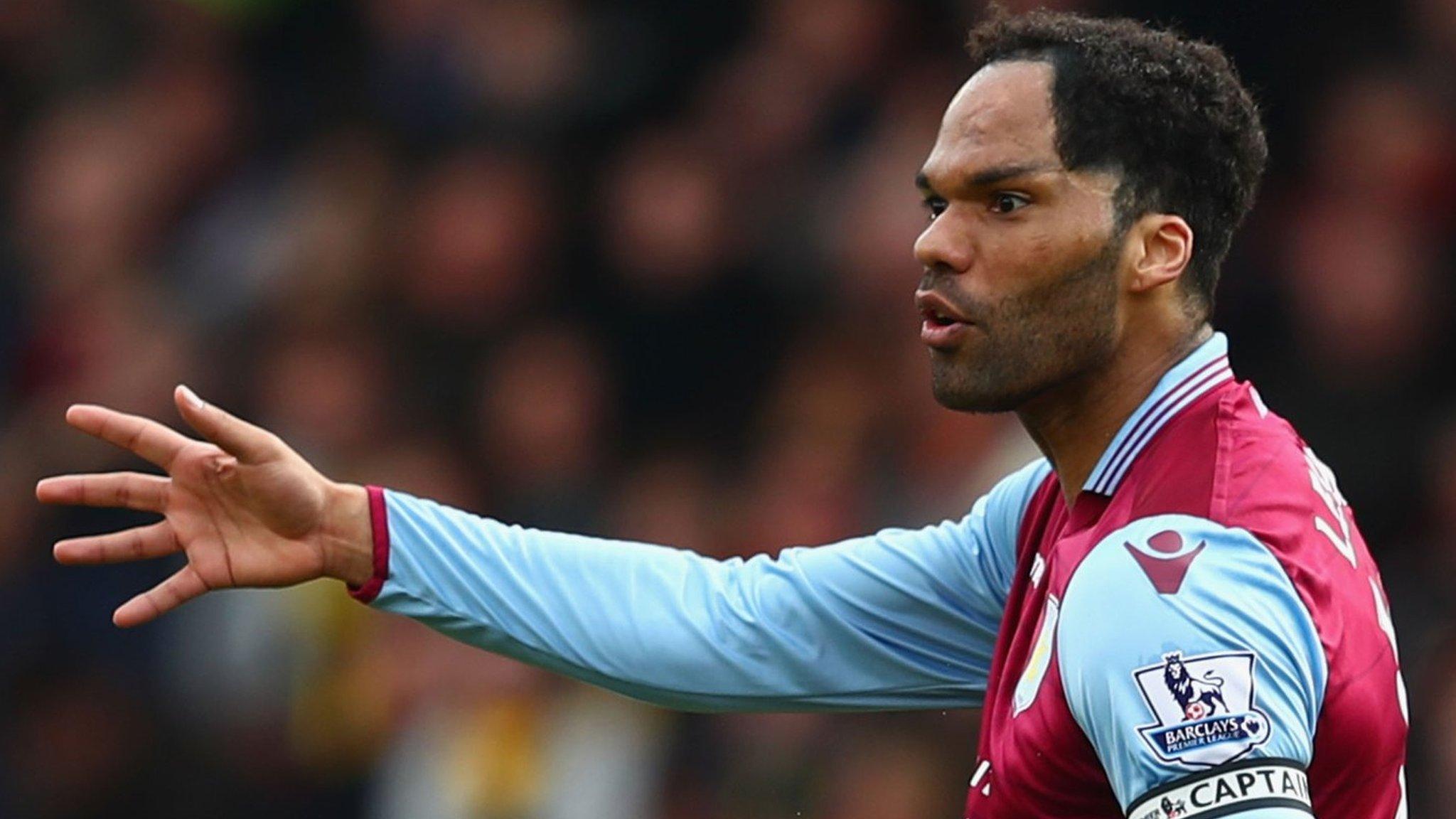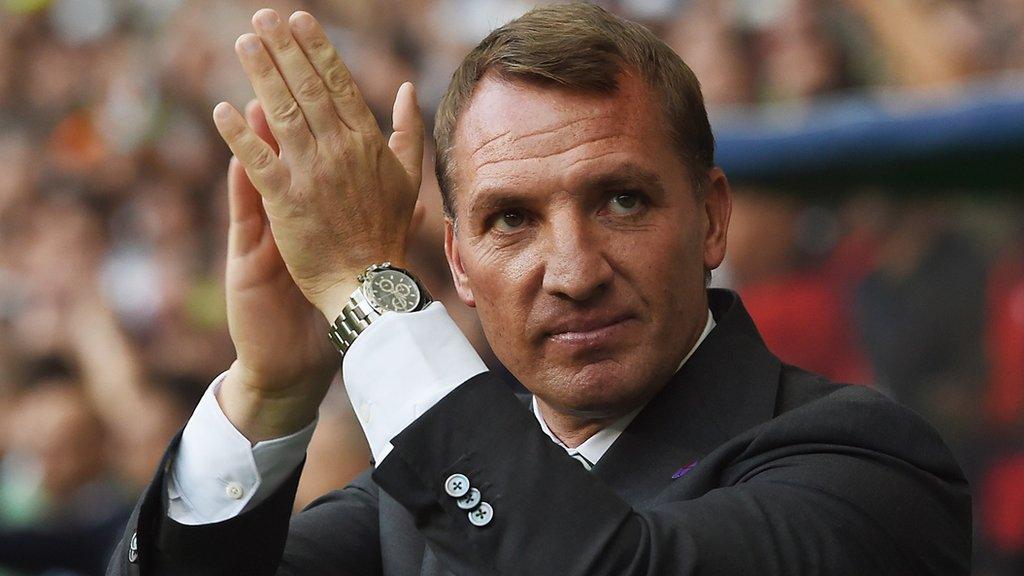Jordan McMillan seeks return to football after cocaine ban
- Published

Jordan McMillan was with Partick Thistle from 2013-15
Former Partick Thistle defender Jordan McMillan is targeting a return to playing after being allowed to resume training early following a doping ban.
The 27-year-old has denied knowingly taking cocaine, which was found in his system after a game between Thistle and Celtic in December 2014.
His two-year suspension had been set to end in December, but that was reduced by a month after an appeal.
"Now I just want to get back to playing football," he told BBC Scotland.
The National Anti-Doping Panel (NADP) judgement means McMillan, who is the only footballer currently banned in the UK for doping, can return to training immediately and play again in November.
"I'm pleased the ban was reduced," he said.
The judgement, released by UK Anti-Doping, accepts McMillan was entitled to leniency having provided "substantial assistance" to sporting or criminal authorities.
McMillan, who was with Rangers and Dunfermline Athletic before joining Thistle in 2013, made a statement to police in which he claimed his drink had been spiked.
His argument was that he had been the victim of an alleged criminal act for which an acquaintance was subsequently charged by police.
At two separate hearings regarding the player's positive test, Sean Malloy admitted to "mistakenly handing Mr McMillan the wrong drink, which contained cocaine".
Neither tribunal accepted his evidence.

McMillan started his career with Rangers and featured in a BBC documentary series about the club
Why was the reduction only a month?
UK Anti-Doping (UKAD) had argued that, because no prosecution was brought by the Procurator Fiscal - the public prosecutor in Scotland - for a lack of corroborative evidence, the "substantial assistance" criteria had not been met.
However, at an appeal hearing last month, the NADP decided "the athlete should be given some credit for his actions".
The decision to only reduce the ban by one month was taken because "the anti-doping value of the athlete's behaviour is very limited".
The NADP verdict added the individual "has not been revealed by the athlete to be involved with trafficking and distribution of performance-enhancing drugs to athletes, the police investigation has not progressed the fight against doping and [he] was not engaged in systematically providing cocaine to athletes".
McMillan maintains that, as the victim of alleged criminality, his ban should have been rescinded and his name cleared.
Nicole Sapstead, the chief executive of UKAD - the body responsible for dope testing in Scottish football - said after McMillan's original appeal failed: "Athletes, at all levels, need to understand the importance of strict liability.
"They are solely responsible for any banned substance that is found in their system, regardless of how it got there or whether there was an intention to cheat or not.
"The principle of strict liability can be challenging for athletes. They have to ensure that they understand the anti-doping rules and that their family, friends, coaches and athlete support personnel understand them too.
"They need to be aware of the risks their career faces if they test positive and ensure they manage that risk at all times."
- Published18 August 2016

- Published18 August 2016

- Published18 August 2016
